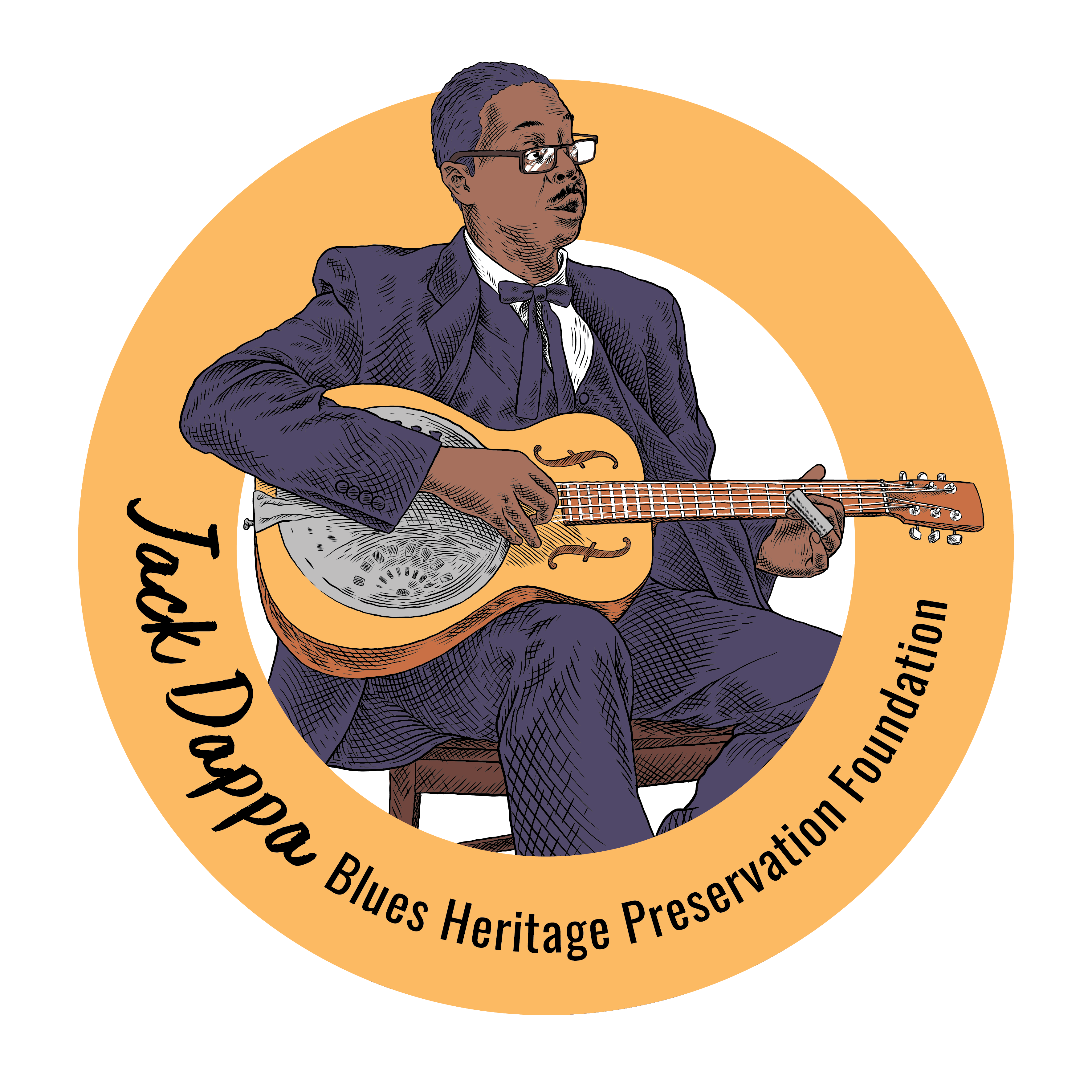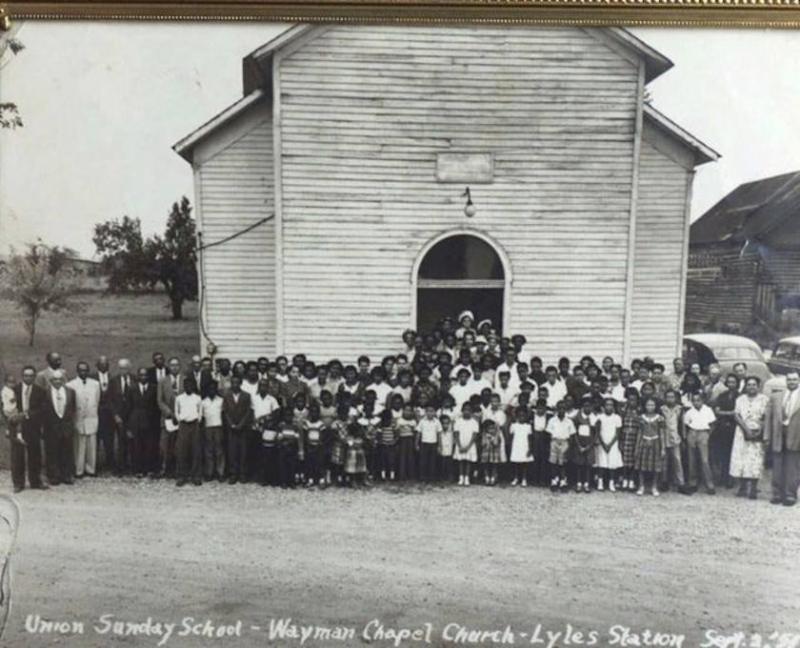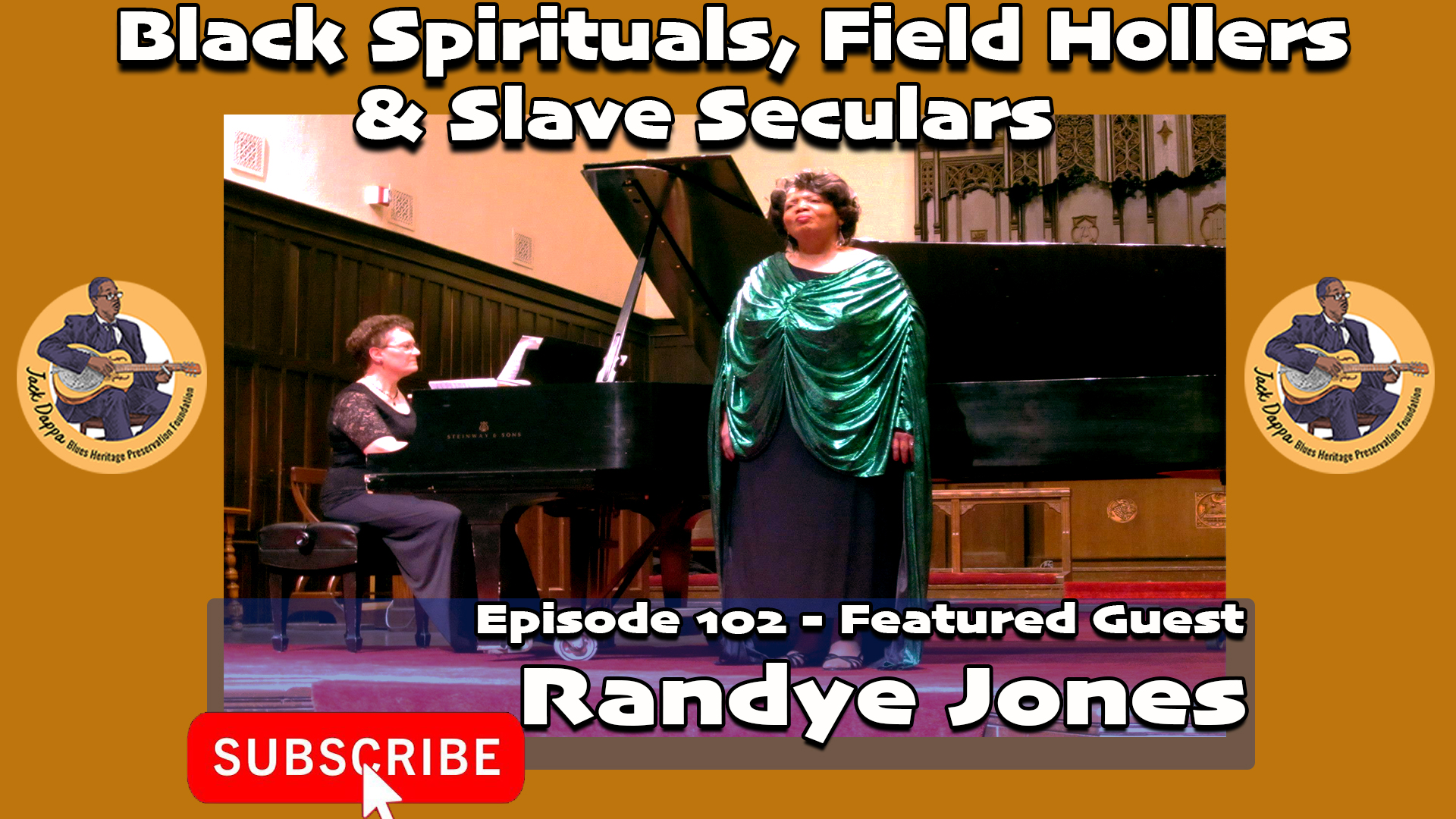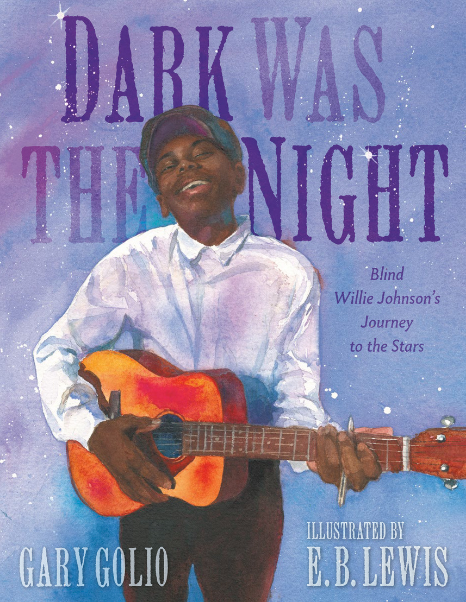Published By:
Lamont Jack Pearley
African American Tribal Music
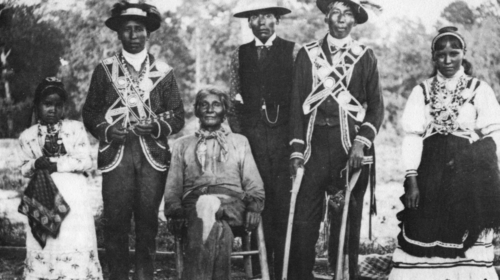 The heritage and culture that are the foundation of what I like to call “African American Tribal Music” are the products of two continents – Africa and America. They stem from a long tradition passed down generations prior to arriving to the New World, mixed with events and conditions that were faced during a heinous period in American History by those who were captives and brought by force as well as those that were here before Columbus who also became captives. Why do I use the term African American Tribal Music? Because we, African Americans, descend from many Tribes. Tribes that were already in the Americas, Tribes that date back to ancient Israel and Kemet, Tribes of Africa..I can keep going. An interesting point is, as time went on, as the tribes evolved, and in some cases became assimilated into Western European America, you can still see traces of the original tribes in modern African and Caribbean American expression. From the earliest of Black Traditional musics documented, all the way to present day, you hear glimpses of the different tribes we descend from in our music.
The heritage and culture that are the foundation of what I like to call “African American Tribal Music” are the products of two continents – Africa and America. They stem from a long tradition passed down generations prior to arriving to the New World, mixed with events and conditions that were faced during a heinous period in American History by those who were captives and brought by force as well as those that were here before Columbus who also became captives. Why do I use the term African American Tribal Music? Because we, African Americans, descend from many Tribes. Tribes that were already in the Americas, Tribes that date back to ancient Israel and Kemet, Tribes of Africa..I can keep going. An interesting point is, as time went on, as the tribes evolved, and in some cases became assimilated into Western European America, you can still see traces of the original tribes in modern African and Caribbean American expression. From the earliest of Black Traditional musics documented, all the way to present day, you hear glimpses of the different tribes we descend from in our music.
This information is important to our culture, heritage and lineage. For the most part our early tribal music was compartmentalized into Black Spirituals and Slave Seculars …the mother and father at the top of the family tree so to speak, which all American musics came from.
However, this is less about the music that the Black Spirituals and the Slave Seculars spawned, but more about the effect that four major events had on the Blues People, which would shape and evolve the styles of our expressions. This series of writings will discuss those four major events that dynamically shifted the African American Community in America, that would ultimately revolutionize African American Tribal Music.
For over a century, musicologists, folklorists, activists and the like sought to document the sounds of African American Tribal Music. Charlotte Forten Grimké, an African-American anti-slavery 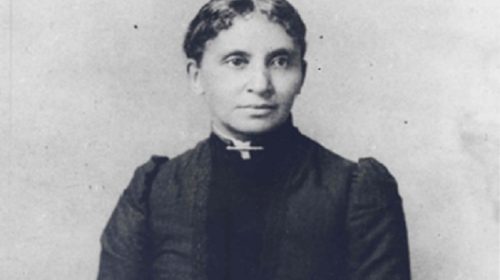 activist, poet, and educator is credited to have recorded the earliest, if not the first, round of slave songs on St. Helena Island in 1864. William Allen Francis, another early collector of black music felt there was no effort made to collect and preserve the slave songs which lead him to his “Slave Songs of The United States” book that was published in 1867. Thomas Wentworth Higginson, who was an American Unitarian minister, author, abolitionist, and soldier, wrote an article in The Atlantic Monthly, which he included several spirituals that were sung by black soldiers in his regiment. Later in 1871, Higginson dedicated in his book Army Life in a Black Regiment, an entire chapter on black spirituals. The songs became popular in the same year (1871) when a group of Fisk University students made a tour under the leadership of George White.
activist, poet, and educator is credited to have recorded the earliest, if not the first, round of slave songs on St. Helena Island in 1864. William Allen Francis, another early collector of black music felt there was no effort made to collect and preserve the slave songs which lead him to his “Slave Songs of The United States” book that was published in 1867. Thomas Wentworth Higginson, who was an American Unitarian minister, author, abolitionist, and soldier, wrote an article in The Atlantic Monthly, which he included several spirituals that were sung by black soldiers in his regiment. Later in 1871, Higginson dedicated in his book Army Life in a Black Regiment, an entire chapter on black spirituals. The songs became popular in the same year (1871) when a group of Fisk University students made a tour under the leadership of George White.
In 1914 Henry Edward Krebiel, published his book Afro-American folksongs: a study in racial and national music raising a very interesting point of view in the regards to African American Tribal Music – “Folk songs is not the popular song in the sense in which the word is most frequently used, but the song of the folk, not only the song admired of the people but in a strict sense, the songs created by the people” and considering all African American Tribal music is of the people, by the people, from Blues, to Sorrow Songs etc, it should be considered that Folk songs were literally born out of circumstance and not composed.
Then there was the Lomax’s. Between the years of 1933 and 1978 Mississippi was visited many times by both John and Alan Lomax, where they recorded African American vernacular music and traditions, and some cases partnering with African American ethnomusicologists and folklorists such as John Wesley Work III and Zora Neale Hurston.
(There were many more folklorists and ethnomusicologists that we will discuss in detail later on in this written series. )
The link between Ol Negro Spirituals, Prison/Work songs and the Blues are based on the climate of society during the time these expressions of Black Traditional songs were being practiced. Though Ol Negro Spirituals and Prison/Work songs would remain, even as the soundtrack to the Civil Rights Movement, the Emancipation, the Reconstruction Period, Jim Crow and the Great Migration literally created and solidified the Bluesman and woman, as well as spawned a multitude of exciting African American Tribal musics.
The Spirituals are the story of black people’s historical striving for earthly freedom. In the late 1700s, they sang the precursors of spirituals, which were called “corn ditties”. Another term for African American music was “reels”. Yet the term that is found in W.E.B. DuBois’s literature entitled “The Souls of Black Folk” makes the case of a strong connection between Blues and Spirituals by name alone as he refers to the Ol Negro Spirituals as “Sorrow Songs”. “Through all of the sorrow of the Sorrow Songs there breathes a hope – a faith in the ultimate justice of things. Is such a hope justified? Do the Sorrow Songs sing true?” (p189 W.E.B DuBois – Soul of Black Folks)
And that is what the Blues is all about; songs of sorrow, songs of hope.
If you speak with African American musicians of today, whether they partake in a contemporary form of expression, or the traditional Blues and Spirituals, you’ll find the same foundation at it’s root. However, there may be one difference, instead of striving for earthly freedoms, the African American is now striving for economic and political freedoms. A song of the same tune, but to the optimist, this shows some sort of progression. Non the less, there is a unique quality along with a strong spiritual connection to The Most High and his creations when it comes to our expressions. As with the spirituals, the Africanism of the Blues is related to the functional character of West African Music. And this is one of the essential ingredients of Black Music which distinguishes it from Western music and connects it with it’s African heritage. “The fact that American negro music, like the African, is at the core of daily life explains the immemorial African quality of all Negro folk music in this country, if not of the Negro in exile everywhere. – (p47 Rudi Blesh, Shining Trumpets)
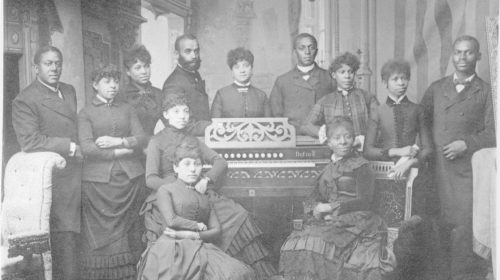 The African American Tribal Music specifically, is related to the experience of the African American in America under Euro Colonization. This includes the Black Spirituals, Slave Seculars, Blues, Hip Hop..all of it. From a theological perspective, the blues are closely related to the ”slave seculars”. The “secular” songs of slavery were “non-religious”, occasionally anti-religious, and were often called “devil songs” by religious folk. The “seculars” expressed the skepticism of black slaves who found it difficult to take seriously anything suggesting the religious faith of white preachers. – (p98 James H. Cones The Spirituals and the Blues)
The African American Tribal Music specifically, is related to the experience of the African American in America under Euro Colonization. This includes the Black Spirituals, Slave Seculars, Blues, Hip Hop..all of it. From a theological perspective, the blues are closely related to the ”slave seculars”. The “secular” songs of slavery were “non-religious”, occasionally anti-religious, and were often called “devil songs” by religious folk. The “seculars” expressed the skepticism of black slaves who found it difficult to take seriously anything suggesting the religious faith of white preachers. – (p98 James H. Cones The Spirituals and the Blues)
This is a very interesting moment in the African American Tribe. Considering this was prior to the emancipation, we are talking about a rift between the people. Those who subscribed to the Christian way, and those who didn’t. Those who knew their spiritual connection and physical lineage to the tribes of Israel, and those who didn’t want anything to do with what they thought the colonizers were endorsing. One of the main reasons reading became illegal was the slaves that read the bible, without supervision of the whiteman, not only knew their history, but was inspired by the Exodus to revolt and leave the plantations. This was obviously a problem for the capitalists of the day that needed free labor. So they decided to outlaw the literacy of Black Folk, leading to monitored bible sessions.
During this time the early forms of spiritual worship known as “Bush Meetings” became the practice of the captives. Bush Meetings were where African American’s engaged in African religious rituals such as spiritual possession, speaking in tongues and shuffling in counterclockwise ring shouts to communal shouts and chants in secret. These practices by the captives, better known as slaves, along with the horrific work conditions kept them living and slaving in close proximity. However, their traditions of song praise during every moment of life morphed into the “line singing” call and response style of song; ei Negro Spirituals and Prison/Work songs which are also known as Field hollers. Field Hollers are impromptu musical expressions that are intricate, multi-part harmonies of struggle and overcoming, faith, forbearance and hope.
According to LeRoi Jones, in his book “Blues People” he states “The immediate predecessors of the blues were the Afro-American/American Negro work songs, which had their musical origins in West Africa. The religious music of the Negro also originates from the same African Music. (p18 LeRoi Jones Blues People)
Blueing notes- (also known as “worried” note) is a note that—for expressive purposes—is sung or played at a slightly different pitch than standard), which can be defined as a heavy African American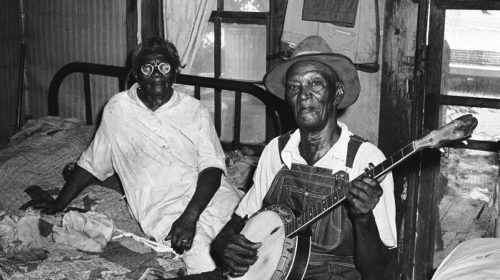 interpretation or influence on a european style music scale is dominant in Blues music, as well as Black Spirituals . Sidney Finkelstein, in Jazz: A People’s Music, describes, “ Many books on jazz…generally describe the blues as a sequence of chords, such as the tonic, subdominant, and dominant seventh. Such definition, however, is like putting the cart before the horse. There are definite patterns of chords which have been evolved to support blues, but these do not define the blues, and the blues can exist as a melody perfectly recognizable as the blues without them….the fact is that both this explanation, and the chord explanation, are attempts to explain one musical system in terms of another..: (p68 Sidney Finkelstein Jazz: A People’s Music)
interpretation or influence on a european style music scale is dominant in Blues music, as well as Black Spirituals . Sidney Finkelstein, in Jazz: A People’s Music, describes, “ Many books on jazz…generally describe the blues as a sequence of chords, such as the tonic, subdominant, and dominant seventh. Such definition, however, is like putting the cart before the horse. There are definite patterns of chords which have been evolved to support blues, but these do not define the blues, and the blues can exist as a melody perfectly recognizable as the blues without them….the fact is that both this explanation, and the chord explanation, are attempts to explain one musical system in terms of another..: (p68 Sidney Finkelstein Jazz: A People’s Music)
Furthermore, the Negro Spirituals and Work/Prison songs that evolved into the Blues can be considered Black people’s history books. The contention that the spirituals are “historical documents” is based on the assumption that they are African and not European, since “the chief concern of African Music was to recite the history of the people” Therefore, when Africans were brought to America, they carried with them the art of storytelling through music. The black spirituals then are a reflection mainly of African background patterns”.(p29 James H Cone The Spirituals and The Blues)
Several traditions rooted in Africa continue to the present day in African-American spiritual practices. Examples include the “call and response” style of preaching in which the speaker speaks for an interval and the congregation responds in unison in a continual pattern throughout the sermon. The “call and response” is often accompanied by instruments and sounds much like a song. Speaking in tongues is a persistent practice, as is “shouting.” Shouting may involve anything from jumping in one place repeatedly, running through the sanctuary, raising hands and arms in the air, shouting traditional praise phrases, or being “slain in the spirit” (fainting). The locations and the era may be different; but the same emphasis on combining sound, movement, emotion, and communal interaction into one focus on faith and its role in overcoming struggles, whether as an individual or a people group, remain the same.
These worship practices were also evident in songs, spiritual and secular. The blues following the tradition of the African, the Griot, continues this form of storytelling, not only in regards to spiritual concerns, or historical and traditional events, but present day society and love woes. “ I ain’t got no money/ another man got my woman/ I ain’t got nothin but some whiskey/ my guitar/ and dem Blues. (lyric by Lamont Jack Pearley )
The Jan 1, 1863 Emancipation Proclamation of President Lincoln affected more than just the civil war, confederates and the illustrious antebellum way of life, it forever changed the dynamic of the African American experience and interactions in America, that would lead to the Reconstruction period and the immediately following Jim Crow era – all three being the catalyst of the big business known as Prison farms, Parchmen Farm being one of the most popular themes of Blues songs .
See NEXT ARTICLE IN THIS SERIES – THE EMANCIPATION
